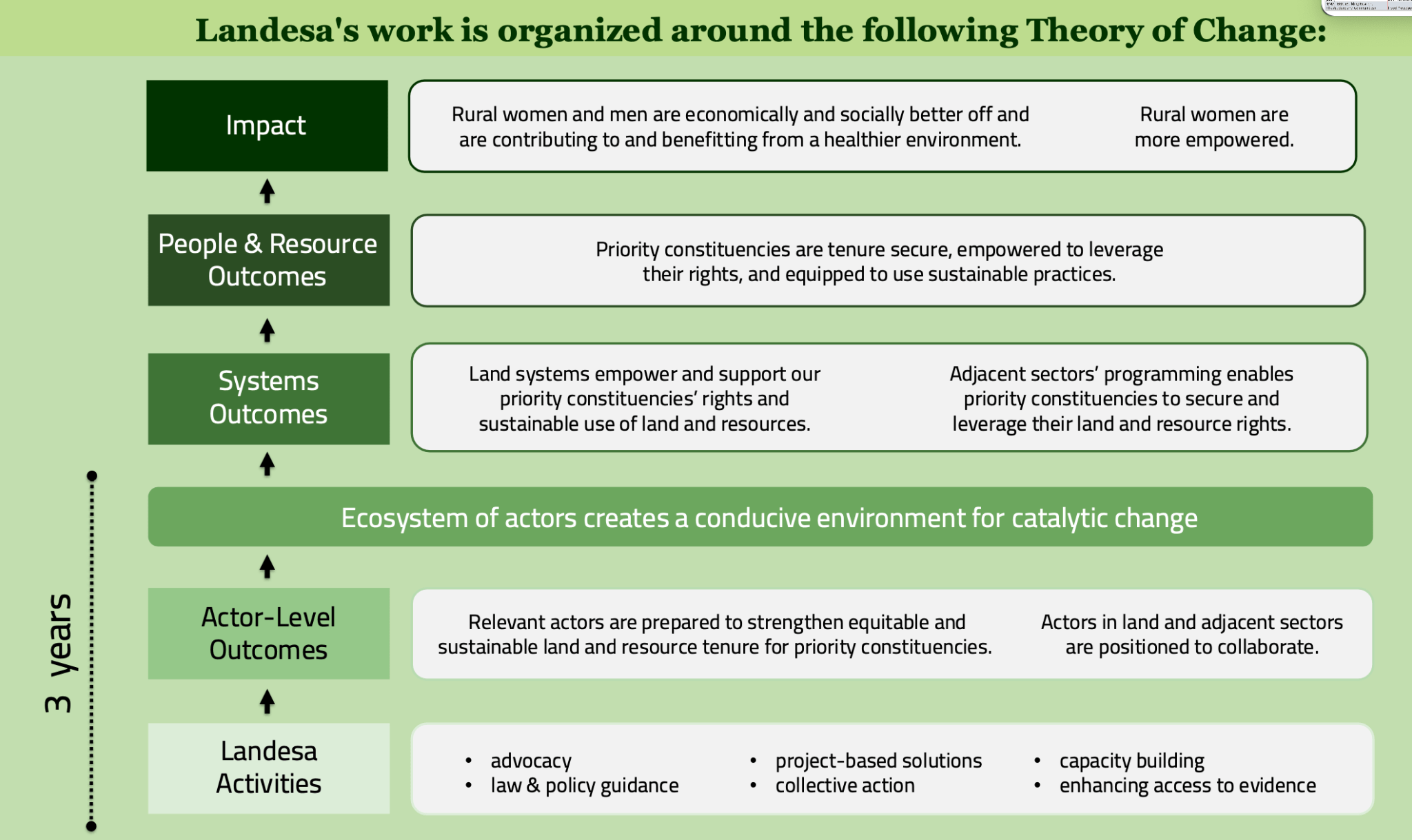
Our Approach
Who We Serve
Landesa seeks to benefit people who are experiencing poverty; whose identity and livelihoods depend on rural land, forests, or coastal areas; and who lack formalized land and resource rights, are not able to fully benefit from those rights, or who are vulnerable to losing those rights.
We focus on those most systemically marginalized, including Indigenous Peoples, women, and youth, to unlock pathways to economic opportunity, gender equity, and self-determined futures.
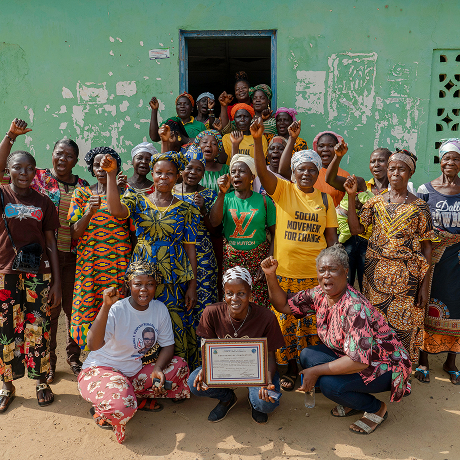
A Systems-Wide, Collaborative Approach
We seek to affect systems-wide change. To do this, we engage a range of actors who all play a role in land and resource rights, including global, national, and civil society groups and networks; national and sub-national governments; global and regional intergovernmental platforms such as the United Nations, the African Union, and ASEAN; corporations and industry groups; local decision-makers and authorities who implement land and resource management; and community members.
At the national level, our work often begins by invitation from a country’s national government. Our team of local experts works to understand existing laws, systemic challenges to land tenure, and opportunities to strengthen inclusive and sustainable land governance. Our experts spend time in the field learning from and speaking directly with communities and those most impacted, and our solutions are designed to fit the particular geography, political institutions, history and culture of the country where we work. A well-designed and implemented law, policy, or government program has the power to affect millions of families at a time, and our solutions can be replicated by governments at scale.
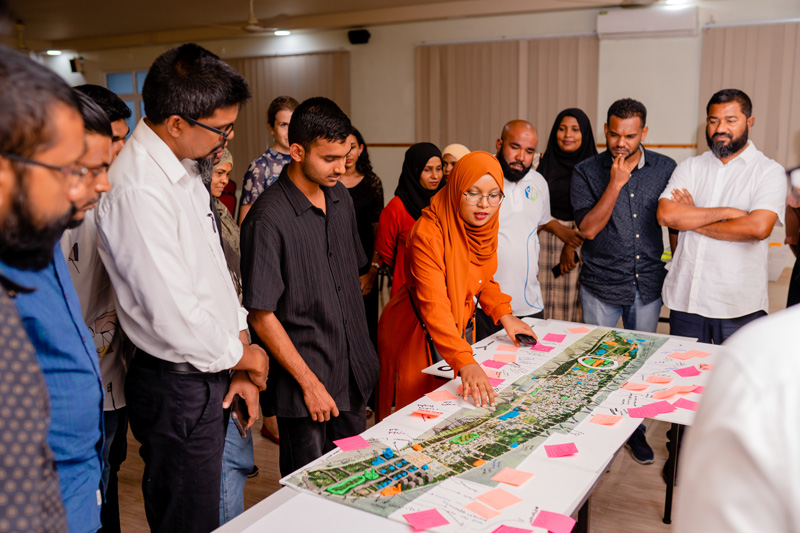
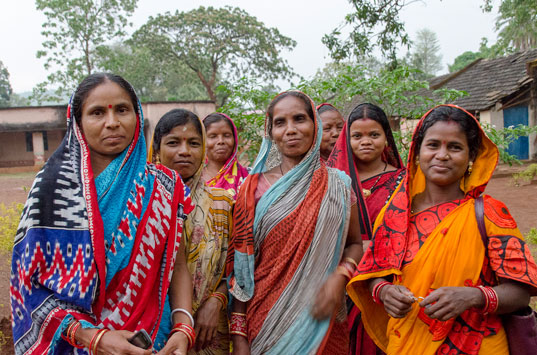
Inclusive, Gender Transformative Solutions
Women’s land rights extend far beyond the land itself—they affirm women’s fundamental rights to equality, security, and dignity.
Since its inception, Landesa has recognized that women experience systemic discrimination under land law regimes and through cultural norms. Over the years, we’ve deeply invested in research and advocacy for women’s land rights and now apply a gender-transformative and intersectional approach across all of our work.
We know that when women have stronger land rights, everyone benefits. From the immediate family, through the community, and out across global development goals, centering gender justice leads to gains across interconnected issues of social, economic, and environmental justice.
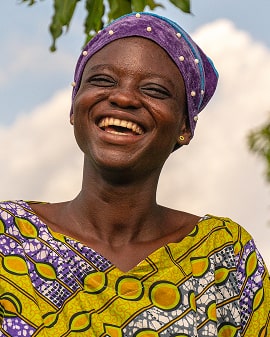
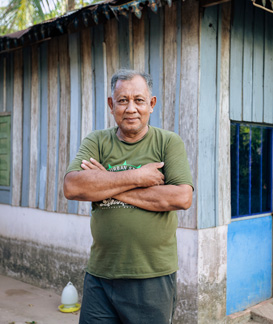
How We Do It

Advocacy
Champion efforts focused on specific law and policy reforms to advance land rights at the global, regional, or national level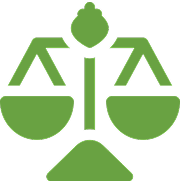
Law and policy recommendations
Provide technical advice on laws, policies, regulations, conventions, or agreementsImplementation innovations
Support the design, piloting, and implementation of scalable, system-wide initiatives
Collective action
Spur and support collective action through global and national networksStrengthening the national land sector
Provide analysis, serve as a convener and catalyst, and bring resources to help build the field of land rights advocates
Promoting application of evidence
Equip actors with powerful evidence by commissioning and increasing accessibility to evaluation and data collection
